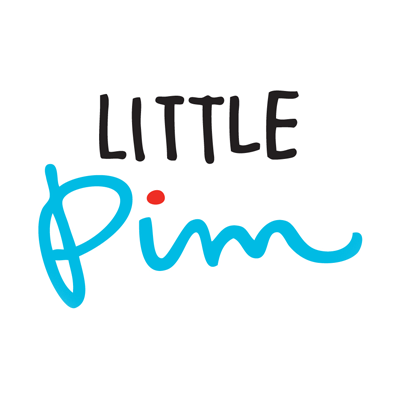Julia's Response to Amy Chua's "Tiger Mom"
A recent Wall Street Journal article "Why Chinese Mothers AreSuperior" has generated a significant amount of buzz and controversy lately (if you haven’t heard of it, you must not have talked to anyone over the age of four in the last two weeks. Go make a date with a girlfriend!). Mother and writer Amy Chua documents her hard-lined approach to parenting, forsaking playdates and sleepovers in favor of math drills and marathon music practices.
The article prompted an "East vs. West" battle in the blogosphere. Author Homa Sabet Tavangar of “Growing up Global: Raising Children to Be at Home in the World” points out that we’re suddenly being presented with two polar opposite views. On one side we have mothers like Amy Chua, arguing the possible benefits of being more of a “Tiger Mom” and on the other, the new documentary "Race to Nowhere" that questions America’s culture of achievement and the negative effects it may have on our kids.
So which is it? Should we be more strict and achievement-oriented, or will our children pay too high a price on a social and emotional level?
As parents, we all struggle with finding a balance between arming our children with tools for future success, and pushing them to the point where they never experience the "child" part of their childhood. Whenever possible, learning for children – especially young children – should happen in a context of fun and discovery, not “shoulds” and drudgery. In the case of foreign language learning, dry teaching and endless memorization is why most Americans did NOT learn a second language in school, and bailed on that requirement as soon as they could! Here at Little Pim we are trying to make that tired learning model a thing of the past, so kids equate a second language with pandas, kids just like them, and fun games and activities that entertain them and give them the opportunity to show off those new words.
At the end of the day, every parent has to choose a style of education and child rearing that works best for his or her family. These decisions are undoubtedly culturally influenced, but whatever we choose, the only certainty is that when our kids get older, they’ll turn around and tell us we should have done it differently!


